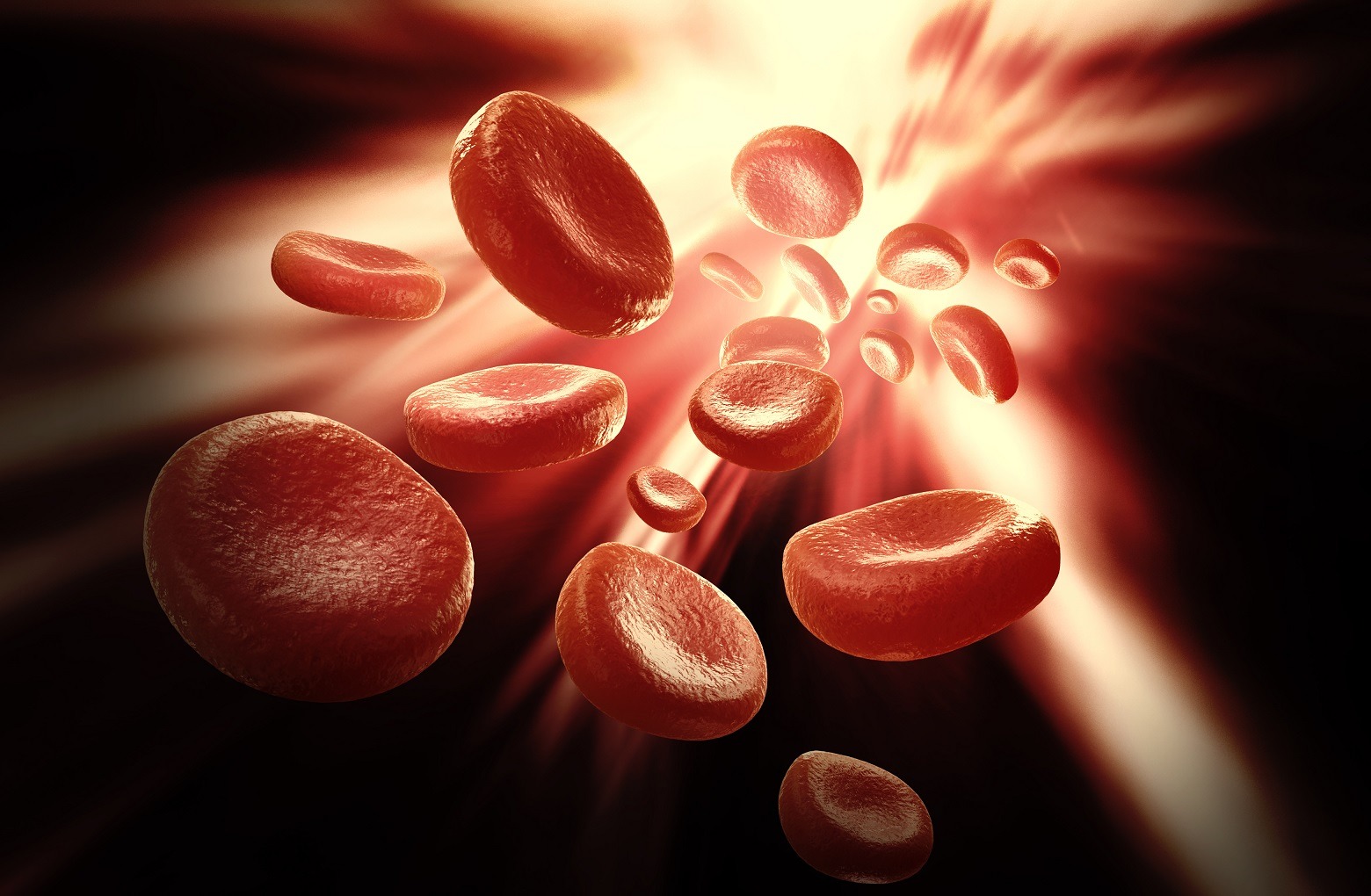
A surge in endoscopic haemostasis devices sales is expected in 2021 – but it won’t be enough to offset Covid-19 pandemic-related revenue losses until next year, according to an analyst.
Analytics firm GlobalData estimates the market for these devices, which are used to manage gastrointestinal bleeding, is currently worth $730m and will grow at a compound annual growth rate (CAGR) of 8.5% over the next decade.
This growth will largely be driven by recent regulatory approvals of new devices, such as haemostatic sprays.
However, while GlobalData expects the start of this “surge period” in procedures and endoscopic haemostasis devices sales to make up for elective surgeries that were postponed last year, this will not be enough to completely offset revenues lost due to Covid-19 until 2022.
Eric Chapman, senior medical devices analyst at GlobalData, said: “In Q1 2020, elective procedures were postponed from around mid-March. However, this two-week period did not severely impact the overall sales of ERCP and PTC devices.
“By Q2 2020, as the number of new Covid-19 cases had reached a peak and many procedures had been cancelled or postponed, the market was down 37%.”
Covid-19 impact on endoscopic haemostasis devices
GlobalData’s recent report, entitled Endoscopic Hemostasis Devices, Global Outlook, 2015-2030, indicates that 10% of potential revenue was lost last year due to Covid-19, as many surgical procedures were postponed during the second quarter of 2020.
US healthcare firm Boston Scientific is currently the market leader for endoscopic haemostasis devices sales, followed by Cook Medical, Olympus, Erbe Elektromedizin and CONMED – and, as such, these companies lost the most revenue due to the impact of the pandemic.
“GlobalData expects these players to retain their market position after the market recovers from the pandemic,” Chapman added.
“Smaller manufacturers will continue to have a difficult time winning market share from these companies, especially in the US.”
In spite of the disruption caused by the ongoing pandemic, the endoscopic haemostasis devices market was not as severely impacted as others – such as aesthetic injectables or bariatric surgery devices, which rely solely on elective procedures to generate revenue.






